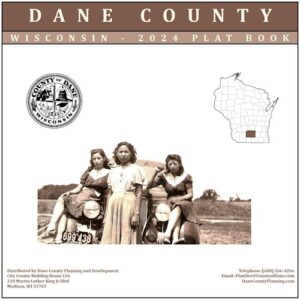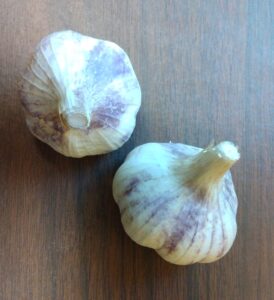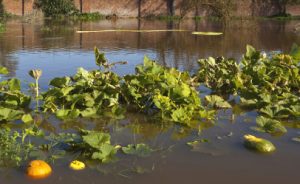
Now Available! 2024 Dane County Plat Book
The book now offers detailed information about county roads, large land ownership, parks, and outdoor recreation opportunities. It also shows the locations of Dane County parks, publicly-owned lands, churches, schools, cemeteries, and municipal halls. Other unique features of the book include aerial photos of jurisdictions. This plat book was created entirely in-house, helping to reduce production costs […]











